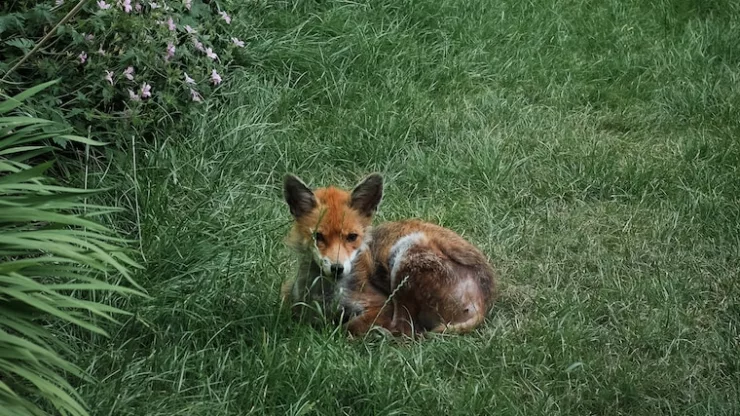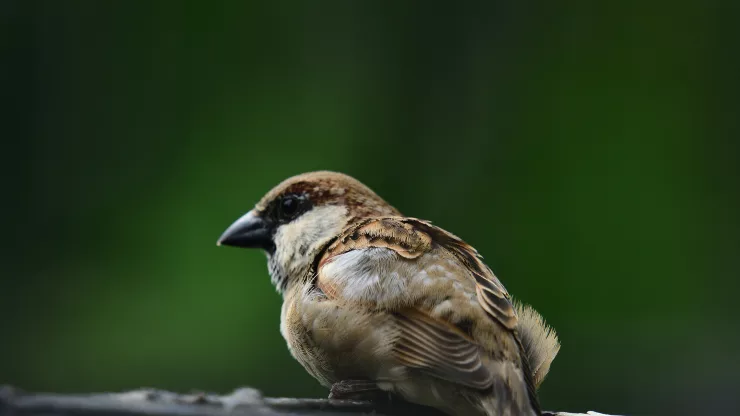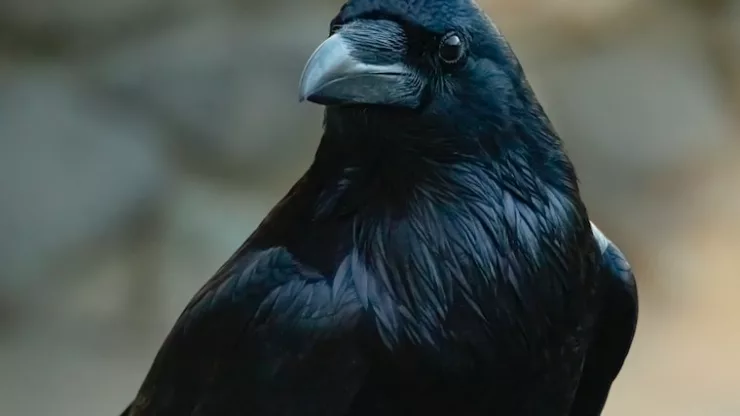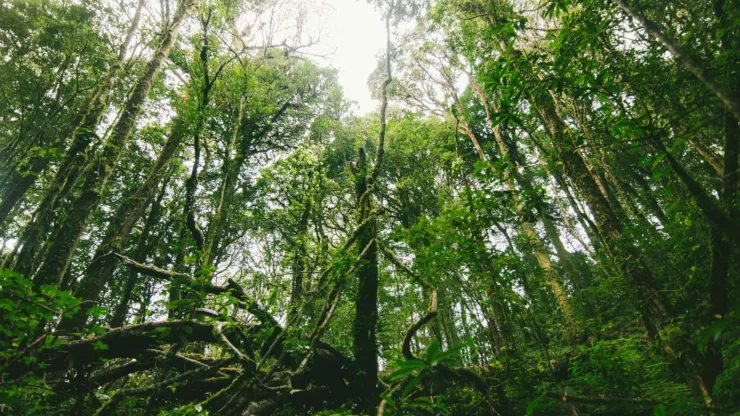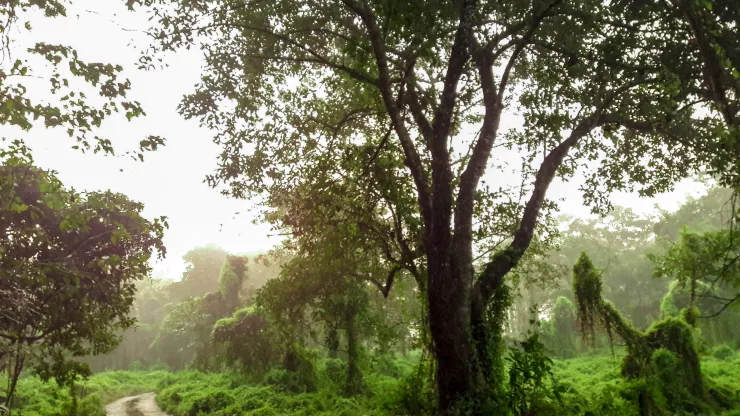The concrete jungle of urban areas may seem like an unlikely place to find wildlife, but even in the busiest cities, there is an abundance of flora and fauna.
However, as urbanization and pollution continue to rise, it becomes essential to ensure the conservation of urban wildlife and water.
In this article, we will delve into the importance of urban wildlife and water conservation, the threats faced by them, the benefits of conservation, ways to promote conservation, success stories, challenges, and how we can make a difference.
Jump to Section
Introduction
Urbanization has resulted in the displacement of natural habitats and an increase in pollution levels, causing a decline in urban wildlife and water quality.
However, it is crucial to protect and conserve these resources not only for the survival of the species but also for the well-being of the urban ecosystem.
Understanding the Importance of Urban Wildlife and Water Conservation
Urban wildlife and water are essential components of the urban ecosystem. They provide various ecosystem services, including air purification, water filtration, and pollination.
Urban wildlife also plays a significant role in maintaining ecological balance and biodiversity.
Moreover, conservation efforts can lead to economic benefits, such as increased tourism revenue and reduction in healthcare costs.
Threats to Urban Wildlife and Water Conservation
Urbanization and its Impact on Wildlife and Water Conservation
Urbanization has led to the loss of natural habitats and fragmentation of ecosystems, resulting in a decline in urban wildlife population.
It also leads to the depletion of water resources through increased consumption, pollution, and runoff.
Pollution: A Major Threat to Urban Wildlife and Water Conservation
Pollution, primarily caused by human activities, poses a severe threat to urban wildlife and water.
Air pollution reduces the quality of the air they breathe, while water pollution harms aquatic species and reduces the quality of the water.
Climate Change and its Impact on Urban Wildlife and Water Conservation
Climate change has resulted in extreme weather events, such as heatwaves and floods, which negatively impact urban wildlife and water.
Rising temperatures also affect the timing of migration, breeding, and hibernation, leading to a decline in population.
Benefits of Urban Wildlife and Water Conservation
Ecosystem Services Provided by Urban Wildlife and Water Conservation
Urban wildlife and water provide various ecosystem services, including air purification, water filtration, and pollination. They also help to regulate the local climate and maintain ecological balance.
Economic Benefits of Urban Wildlife and Water Conservation
Conservation efforts can lead to economic benefits, such as increased tourism revenue and reduction in healthcare costs.
Moreover, green spaces and urban wildlife habitats increase property values, resulting in increased revenue for the local government.
Ways to Promote Urban Wildlife and Water Conservation
Creating Awareness and Education Programs
Raising awareness and educating the public about the importance of urban wildlife and water conservation is crucial. This can be done through campaigns, workshops, and educational programs.
Encouraging Responsible Water Usage in Urban Areas
Encouraging responsible water usage practices, such as fixing leaks and using water-efficient appliances, can help conserve water resources in urban areas.
Promoting Green Spaces and Urban Wildlife Habitats
Promoting the creation of green spaces and urban wildlife habitats can provide a home for urban wildlife and help to increase biodiversity.
Implementing Policies and Regulations to Protect Urban Wildlife and Water Conservation
Implementing policies and regulations, such as limiting water usage, reducing pollution, and protecting natural habitats, can help to protect urban wildlife and water.
| Policies and Regulations | Description |
|---|---|
| Limiting Water Usage | Regulations aimed at reducing water consumption in urban areas. |
| Reducing Pollution | Regulations aimed at reducing pollution levels in the air and water. |
| Protecting Natural Habitats | Policies aimed at protecting natural habitats in urban areas. |
Success Stories in Urban Wildlife and Water Conservation
Case Studies of Successful Urban Wildlife and Water Conservation Efforts
Many cities have implemented successful conservation efforts, such as the creation of green roofs and wetlands, which have led to increased biodiversity and improved water quality.
Learning from Successful Urban Wildlife and Water Conservation Initiatives
Learning from successful conservation initiatives can help to replicate them in other urban areas and lead to more effective conservation efforts.
Challenges and Overcoming Them
Overcoming Financial Constraints
Financial constraints can hinder conservation efforts. However, partnerships with private organizations and government funding can help to overcome these challenges.
Addressing Human-Wildlife Conflicts
As urban areas expand, conflicts between humans and wildlife increase.
However, mitigation measures, such as the creation of wildlife corridors and implementing wildlife-friendly practices, can help to address these conflicts.
Dealing with Inadequate Policy Framework
Inadequate policy frameworks can hinder the effectiveness of conservation efforts. However, advocating for better policies and regulations can help to address this challenge.
The Way Forward for Urban Wildlife and Water Conservation
Conserving urban wildlife and water is crucial for the well-being of the urban ecosystem and the survival of species.
As individuals, we can make a difference by promoting responsible water usage, supporting conservation efforts, and advocating for better policies and regulations.
FAQ
What are the benefits of urban wildlife and water conservation?
Urban wildlife and water provide various ecosystem services and economic benefits.
They help to regulate the local climate, maintain ecological balance, and increase property values, resulting in increased revenue for the local government.
What are the challenges faced in urban wildlife and water conservation?
Challenges faced in urban wildlife and water conservation include financial constraints, human-wildlife conflicts, and inadequate policy frameworks.
How can individuals promote urban wildlife and water conservation?
Individuals can promote urban wildlife and water conservation by promoting responsible water usage, supporting conservation efforts, and advocating for better policies and regulations.
I’m a nature enthusiast and creator of Metro Wilds and have spent years exploring the great outdoors.
With a passion for environmental conservation and sustainability, I have dedicated my career to writing about the beauty and wonders of nature, as well as the threats facing our planet.
Contact me at [email protected] for assistance.

